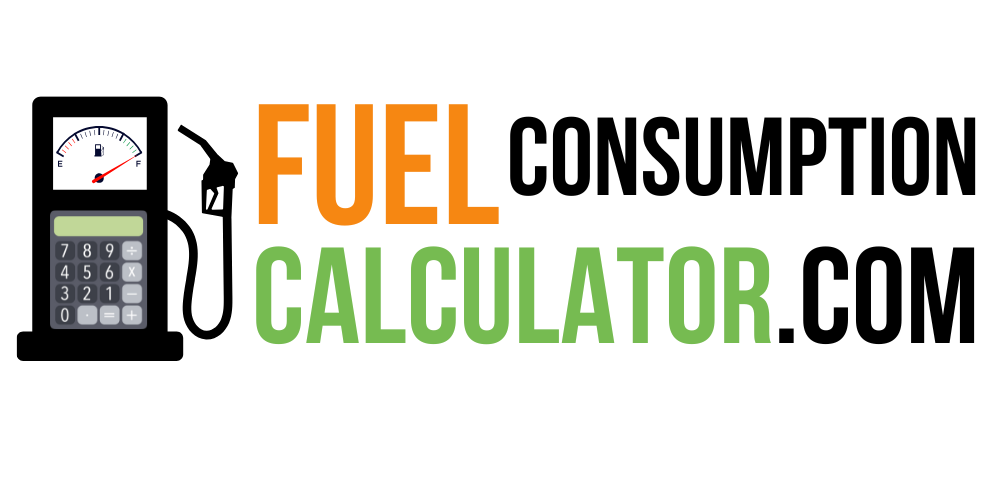Did you know that catalytic converters, while primarily designed to reduce harmful emissions, also play a significant role in determining your vehicle’s fuel efficiency? Here’s a surprising fact: removing a catalytic converter might not significantly improve your gas mileage as you might expect.
Let’s delve into the details to understand how catalytic converters affect fuel consumption and what you can do about it.
Contents
Key Takeaways
- Backpressure and Engine Performance: Catalytic converters can introduce backpressure, affecting engine performance and fuel efficiency.
- Engine Calibration and Fuel Efficiency: The engine control unit (ECU) adjusts settings based on data from oxygen sensors, impacting fuel efficiency.
- Warming Up Period: Catalytic converters need to reach a specific operating temperature, which can affect fuel efficiency during short trips.
- Minimal Impact on Fuel Mileage: Removing a catalytic converter generally does not significantly improve fuel mileage.
- Emissions and Engine Tuning: Modern engines are tuned to work optimally with catalytic converters; removing them can lead to suboptimal engine performance.
The Role of Catalytic Converters in Fuel Efficiency
Backpressure and Engine Performance
Catalytic converters, due to their design and placement within the exhaust system, can introduce some backpressure. This resistance to the flow of exhaust gases can affect engine performance and, consequently, fuel efficiency. However, modern catalytic converters are engineered to minimize this impact.
Engine Calibration and Fuel Efficiency
The ECU adjusts its settings in response to data from oxygen sensors located before and after the catalytic converter. These adjustments ensure the engine operates optimally without running too rich or too lean, thus conserving fuel. If the catalytic converter is removed, the ECU may go into a default lean-burn map, which can affect fuel efficiency and engine performance.
Warming Up Period
Catalytic converters require a specific operating temperature to function efficiently. During the warm-up phase, they are less effective, and the engine may run in a less fuel-efficient “open loop” mode. This period can slightly reduce fuel efficiency, particularly during short trips. Advanced designs, such as close-coupled catalytic converters, help reduce this warm-up phase and enhance fuel efficiency.
Minimal Impact on Fuel Mileage
Removing a catalytic converter will not significantly affect fuel mileage unless the PCM detects a failure or if air is entering the exhaust, causing the oxygen sensors to read lean. In most cases, the difference in fuel consumption is minimal.
Emissions and Engine Tuning
Modern engines are tuned to work optimally with catalytic converters. Removing the converter can lead to suboptimal engine performance, as the ECU will adjust settings based on the absence of the converter, potentially reducing power and efficiency. For example, the engine’s Motronic system may retard the timing and reduce power to compensate for the missing converter.
Examples and Applications
Case Study: Mitsubishi Eclipse GT
A user on a forum reported removing the catalytic converter and pre-cats from their Mitsubishi Eclipse GT and installing a stainless steel straight pipe. They claimed a significant increase in fuel mileage from the EPA estimated 20 mpg to 25-27 mpg. However, this improvement is more likely due to other modifications such as a new air filter and intake system rather than the removal of the catalytic converter alone.
Case Study: Volkswagen Engines
In the case of Volkswagen engines, the ECU uses wide-band lambda sensors to maintain a target air-fuel mixture. Removing the catalytic converter would render the rear oxygen sensor useless, causing the ECU to go into a default lean-burn map. This can lead to reduced fuel consumption but also results in reduced power and potential engine damage.
The Bottom Line
While catalytic converters do introduce some backpressure and affect engine calibration, their overall impact on fuel efficiency is minimal. Removing a catalytic converter is not a recommended solution for improving gas mileage and can lead to suboptimal engine performance and potential emissions issues.
If you’re looking to improve your vehicle’s fuel efficiency, consider other modifications such as upgrading to a high-performance air filter, optimizing your engine tuning, or using fuel-efficient driving techniques. Always ensure any modifications comply with local emissions regulations to avoid legal and environmental issues.
In conclusion, the relationship between catalytic converters and fuel efficiency is complex, but understanding these dynamics can help you make informed decisions about your vehicle’s performance and maintenance.

Hi, I’m Sufiyan, the developer behind this platform. I created FuelConsumptionCalculator.com to simplify fuel tracking for everyone — because understanding your vehicle shouldn’t require a degree in mechanics. I’m always working on adding more tools and content to make this site even more useful

